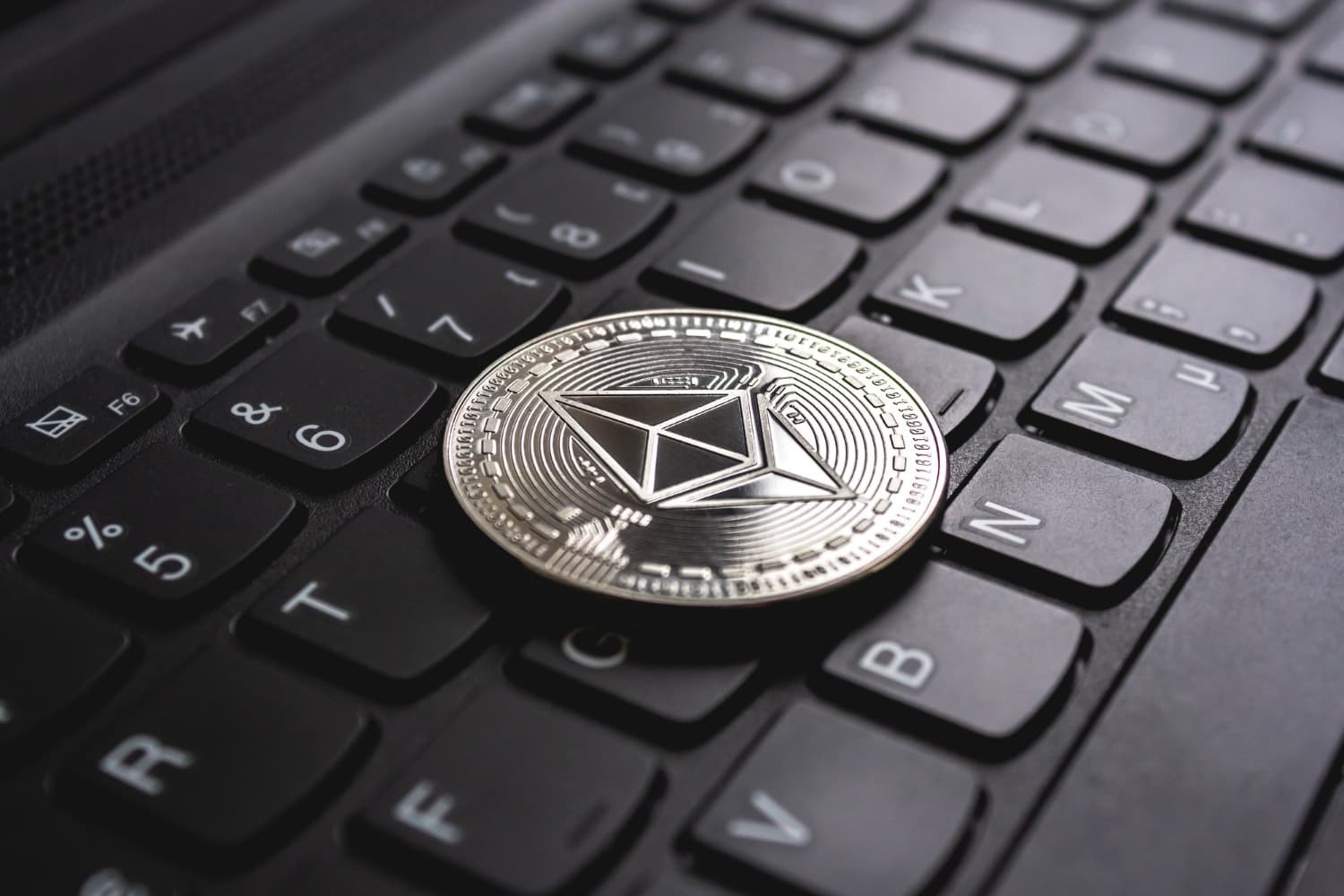SEC’s Delay on Ethereum ETF Applications and What It Means for Investors

The cryptocurrency market’s sentiments about Ethereum (ETH) are uncertain due to the SEC's recent delay in licensing spot Ethereum ETFs, especially for investors hoping to purchase the coin through a regulated instrument.
Ethereum has crossed the $4,000 mark, a staggering 60% increase since the past month, and this has triggered a noticeable increase in demand for a spot Ethereum ETF as ETH’s price continues to rise. This article examines the impact SEC's delay might have on investors and Ethereum’s price.
Ethereum (ETH) Spot ETFs: Everything You Need to Know

An Ethereum ETF is a type of exchange-traded fund designed to mirror the price movements of ETH, the second-largest cryptocurrency after bitcoin, by market capitalization. Typically, these ETFs track Ethereum's price through futures contracts, providing investors with exposure to ETH without the need to directly purchase or store the cryptocurrency.
Ethereum has indeed seen the approval of futures-based ETFs in the U.S. in October 2023. However, investors are looking for spot ETFs, which would directly hold ETH, as it’s a more efficient and transparent way to gain exposure to the cryptocurrency.
Regarding the approval of a spot Ethereum ETF by the SEC, the current status is uncertain. Multiple firms, including BlackRock and Fidelity, submitted applications for spot Ethereum ETFs toward the end of 2023, as reported by CoinDesk. The SEC has postponed its decision on these applications on two occasions, citing the need for public input on concerns related to Ethereum's transition to a Proof-of-Stake (PoS) mechanism.
Why the SEC Pumps the Pause on Spot Ethereum (ETH) ETFs

The Securities and Exchange Commission (SEC) has been surprisingly slow on the green light for Ethereum Spot exchange-traded funds (ETFs) compared to their recent approval spree of Bitcoin ETFs. This cautious approach has left investors wondering what's behind the holdup.
One potential reason is the underlying difference between Bitcoin and Ethereum. Bitcoin operates on a Proof-of-Work (PoW) validation system, which some view as more established and less susceptible to manipulation. Ethereum recently transitioned to a Proof-of-Stake system, where validators lock up their ETH to verify transactions. While seen as more energy-efficient, the SEC might be scrutinizing this newer system for potential vulnerabilities or the possibility of validator collusion.
Adding to the intrigue, the SEC has once again deferred its decision regarding approving or rejecting spot Ethereum ETF applications submitted by BlackRock and Fidelity. This latest delay, disclosed in separate filings on March 4, 2024, comes after a previous postponement in January. Notably, the SEC has the authority to extend its decision-making process up to three times before reaching a final verdict.
Despite the regulatory delay, ETH's price has continued its upward trajectory, powered by optimistic sentiments surrounding potential ETF approval. Over the past month alone, Ethereum has surged by 56.7%, reaching $4,054 at the time of reporting, representing a 13% increase for the week. Nonetheless, several experts worry about the potential effect of Ethereum ETF in comparison to its Bitcoin equivalents.
It appears that Ethereum ETFs may not have as much of an impact as BlackRock's iShares Bitcoin ETF, which has already accumulated $10 billion in assets under management. Bloomberg ETF experts Eric Blachunas and James Seyffart are expected to offer official probabilities about the probability of an ETH ETF approval shortly.
However, they have characterized the as-yet-unapproved Ethereum ETFs as having less significant implications compared to Bitcoin funds.
What This Means For Investors
The ongoing delay by the SEC on approving Ethereum ETFs has left investors navigating a potential market of both opportunity and challenge.
Let's take a look at them.
Challenges
For some, the wait translates to a potential missed train. If Ethereum's price experiences a significant surge before an ETF is greenlit, investors who opt to wait for the supposedly safer and more regulated entry point of an ETF might miss out on those gains. Additionally, their options for gaining exposure to Ethereum are currently limited.
Unlike Bitcoin, which now boasts several SEC-approved ETFs, the primary avenue for US investors to participate in Ethereum's price movements is through futures contracts. These contracts, while offering a way to capitalize on price fluctuations, can be more complex and carry additional risks compared to the relative simplicity of ETFs.
The current situation also injects a dose of uncertainty into investor strategies. Without a clear timeline for the SEC's decision, it becomes more difficult to plan for how Ethereum might fit into an overall investment portfolio.
Opportunities
However, the delay isn't without its silver linings.
For the risk-tolerant investor, a prolonged wait could translate into a lower entry point. If some investors lose confidence due to the delay or shift their focus to other opportunities, it could lead to a temporary dip in Ethereum's price. This could present a valuable buying opportunity for those willing to weather some short-term volatility in exchange for potentially higher returns down the line.
The delay also affords investors valuable time. With more time comes the chance to conduct thorough research on Ethereum, understand the inherent risks and rewards of the cryptocurrency, and make informed decisions about their investment approach.
Ultimately, navigating the current situation requires careful consideration of individual risk tolerance and investment goals. Should an investor prioritize the perceived safety and convenience of an ETF, even at the cost of potentially missing out on gains? Or, are they comfortable with the additional complexities and risks associated with directly acquiring Ethereum in anticipation of potentially higher returns when the ETF finally arrives?
The choice remains in the hands of the individual investor, and with a bit more time and research, they can make a well-informed decision tailored to their specific circumstances.
Wrapping Up
Only time will tell what the SEC will decide. The deadline for a decision on VanEck and Ark Invest's applications is May 23. In the meantime, investors will be watching the SEC's actions closely.
0 Comments Add a Comment?